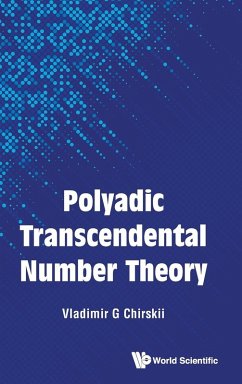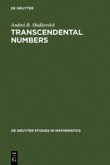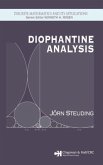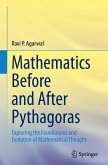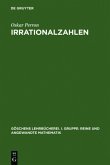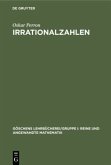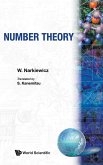The existence of transcendental numbers was first proved in 1844, by Joseph Liouville. Advances were made by Charles Hermite, proving the transcendence of the number e, and Ferdinand von Lindemann, proving the transcendence of the number ¿. The consequence of these discoveries was the negative solution to the problem of squaring the circle, which has stood for many years. In the 20th century, the theory of transcendental numbers developed further, with general methods of investigating the arithmetic nature of various classes of numbers. One of these methods is the Siegel-Shidlovskii method, previously used for the so-called E- and G-functions. Polyadic Transcendental Number Theory outlines the extension of the Siegel-Shidlovskii method to a new class of F-series (also called Euler-type series). Analogues of Shidlovskii's famous theorems on E-functions are obtained. Arithmetic properties of infinite-dimensional vectors are studied, and therefore elements of direct products of rings of integer p-adic numbers are considered. Hermite-Padé approximations are used to investigate the values of hypergeometric series with algebraic irrational parameters. Moreover, the book describes how to use Hermite-Padé approximations to obtain results on the values of hypergeometric series with certain transcendental (polyadic Liouville) parameters. Based on recent results, this book contains indications of promising areas in a new field of research. The methods described will allow readers to obtain many new results.
Hinweis: Dieser Artikel kann nur an eine deutsche Lieferadresse ausgeliefert werden.
Hinweis: Dieser Artikel kann nur an eine deutsche Lieferadresse ausgeliefert werden.

